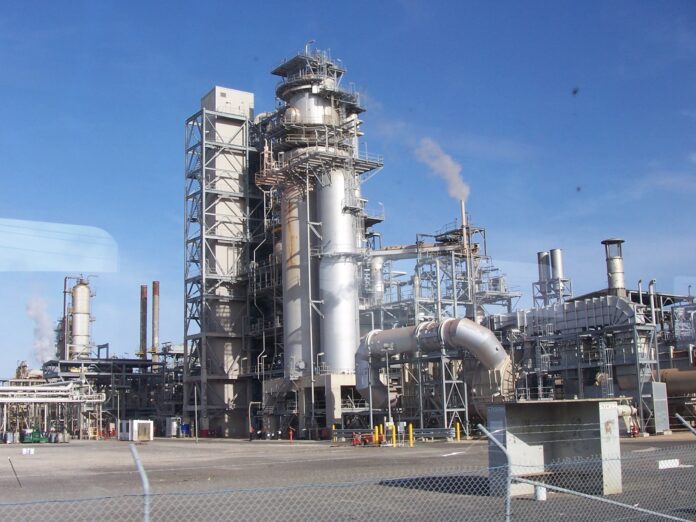NEW YORK: Oil prices rose on Friday following sharp losses this week, as the World Health Organisation (WHO) came out against travel and trade restrictions in declaring a global emergency over the spread of a coronavirus that originated in China last year.
Oil prices fell nearly four per cent through Thursday this week — hitting three-months lows — before rebounding on Friday, with investors and traders worried over how the spread of the virus would impact demand for oil and its products.
READ MORE: Lahore Chamber halts all trade with China over coronavirus threat
“WHO’s the decision […] to oppose restricting travel and trades against China boosted market confidence, even though the organisation declared a global health emergency,” said Margaret Yang, market analyst at CMC Markets.Brent crude futures were 68 cents higher at $58.97 a barrel by 7:38am (GMT), after falling 2.5pc in the previous session. Brent is still down 2.8pc for the week. United States West Texas Intermediate (WTI) futures were up by 70 cents to $52.84 a barrel. The contract fell 2.2pc on Thursday and is now 2.5pc lower for the week.
Both benchmarks rose by more than $1 earlier in the session. The WHO on Thursday declared that the coronavirus outbreak in China — which has killed more than 200 people there and has spread to some 18 countries — now constitutes a public health emergency of international concern.
WHO Director General Tedros Adhanom Ghebreyesus said the organisation “doesn’t recommend — and actually opposes” restrictions on travel or trade with China.
Despite the rebound in prices on Friday, analysts remained cautious and warned of further downside risks if the virus continues to spread. “Oil’s January correction, a 13pc drop to be exact, was ripe for a bounce,” said Edward Moya, senior market analyst at OANDA in New York.
“Oil is likely to remain vulnerable despite today’s optimism that the coronavirus has likely been contained,” he said.
Italy’s government decided to halt all air traffic between Italy and China, and airlines including Air France, American Airlines and British Airways have stopped flying to Chinese cities.
“An escalation in alert levels around the world will likely curb demand travel and thus energy,” said CMC’s Yang. Mostly due to a drop in Chinese domestic and international transport activity, Wood Mackenzie lowered its estimates for world oil demand by 500,000 barrels per day for the first quarter of 2020, according to consultant Yujiao Lei.
Benchmark oil prices were also buoyed by reports that Saudi Arabia has opened a discussion about moving an upcoming output policy meeting to early February from March following the recent slide in oil prices.




